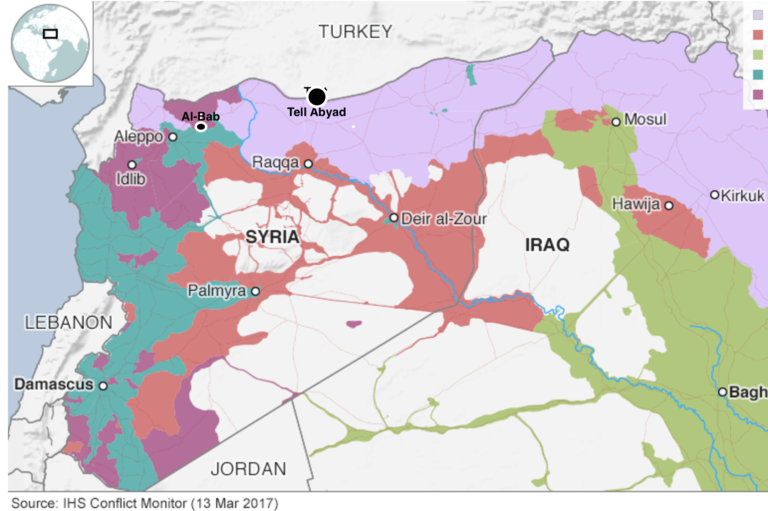The Daily Escape:

Tuscany – photo by satorifoto
From TomDispatch: (brackets and emphasis by the Wrongologist)
If you want a number, try 194. That’s how many countries there are on planet Earth (give or take one or two). [Here is another]…number that should boggle your mind: at least 137 of those countries, or 70% of them…have something in common…They share the experience of having American Special Operations forces (SOF) deployed to their territory.
TomDispatch’s managing editor, Nick Turse, provides additional perspective:
In the waning days of George W. Bush’s administration, Special Operations forces were reportedly deployed to about 60 nations around the world. By 2011, under President Barack Obama, that number had swelled to 120. During this first half-year of the Trump administration, US commandos have already been sent to 137 countries, with elite troops now enmeshed in conflicts from Africa to Asia.
Now, SOF units are not deployed in 137 countries continuously. According to General Raymond Thomas, the chief of US Special Operations Command (SOCOM), about 8,000 are deployed overseas at a given time. But, our commitment to SOF has grown from a few thousand troops in the 1980s to about 70,000 at present, a force larger than the armies of several nations.
We use these troops as the tip of the spear, so if a conflict is intensifying anywhere, the SOF will be front and center. We also have adopted a convenient blind spot: The American public does not consider the SOF operating in a foreign country to be “troops on the ground”, so politicians pay no price politically for deploying them.
As an example, one year ago in Syria there were about 50 special operators helping anti-ISIS forces. Now, as our proxies move to take the ISIS “capital” of Raqqa, that number is 500 (or higher).
We used the SOF to great effect in Afghanistan right after 9/11. After their initial tactical success, America didn’t declare victory and go home, but stayed and added regular military forces alongside our special operators. And for the past 16 years, we have been raiding homes, calling in air strikes, training local forces, and waging war against a growing list of terror groups in that country.
For all those efforts, the General in charge in Afghanistan says the war is now a “stalemate.”
Ali Soufan, a former FBI special agent and the author of Anatomy of Terror: From the Death of Bin Laden to the Rise of the Islamic State, observes:
Whereas on 9/11 al-Qaeda had a few hundred members, almost all of them based in a single country, today it enjoys multiple safe havens across the world.
In fact, he points out, the terror group has become stronger since bin Laden’s death. Our thinking has been that “if we can take out this warlord, or disrupt this one guerrilla mission, the insurgency will crumble”. That’s why we use the SOF, and yet, the insurgencies just continue.
Think about Obama’s drone war taking out terrorist warlord after terrorist warlord. It has achieved little more than offering upward mobility to the careers of ISIS and al Qaeda’s middle management.
Of course, the SOF does many good and heroic things under extraordinarily difficult circumstances. Near Mosul, a US special operations medical unit and its ICU prop up allied proxy forces that have limited medical capabilities. An Air Force Special Operations Surgical Team recently spent eight weeks treating 750 war-injured patients there.
The failure to win these localized proxy wars should be blamed on the White House and Congress, who confuse tactics with strategy. That isn’t the fault of the special operations commanders. They live in a tactical world. Washington has consistently failed to even ask hard questions about the strategic utility of America’s Special Operations forces. Turse concludes:
These deployment levels and a lack of meaningful strategic results from them have not, however, led Washington to raise fundamental questions about the ways the US employs its elite forces, much less about SOCOM’s raison d’être.
General Thomas told members of the House Armed Services Committee last month:
We are a command at war and will remain so for the foreseeable future…
And not one Congressperson asked why, or to what end.
You need a little music. James Corden’s “Carpool Karaoke” series is always fun. Here he is with Elton John:
Those who read the Wrongologist in email can view the video here.











